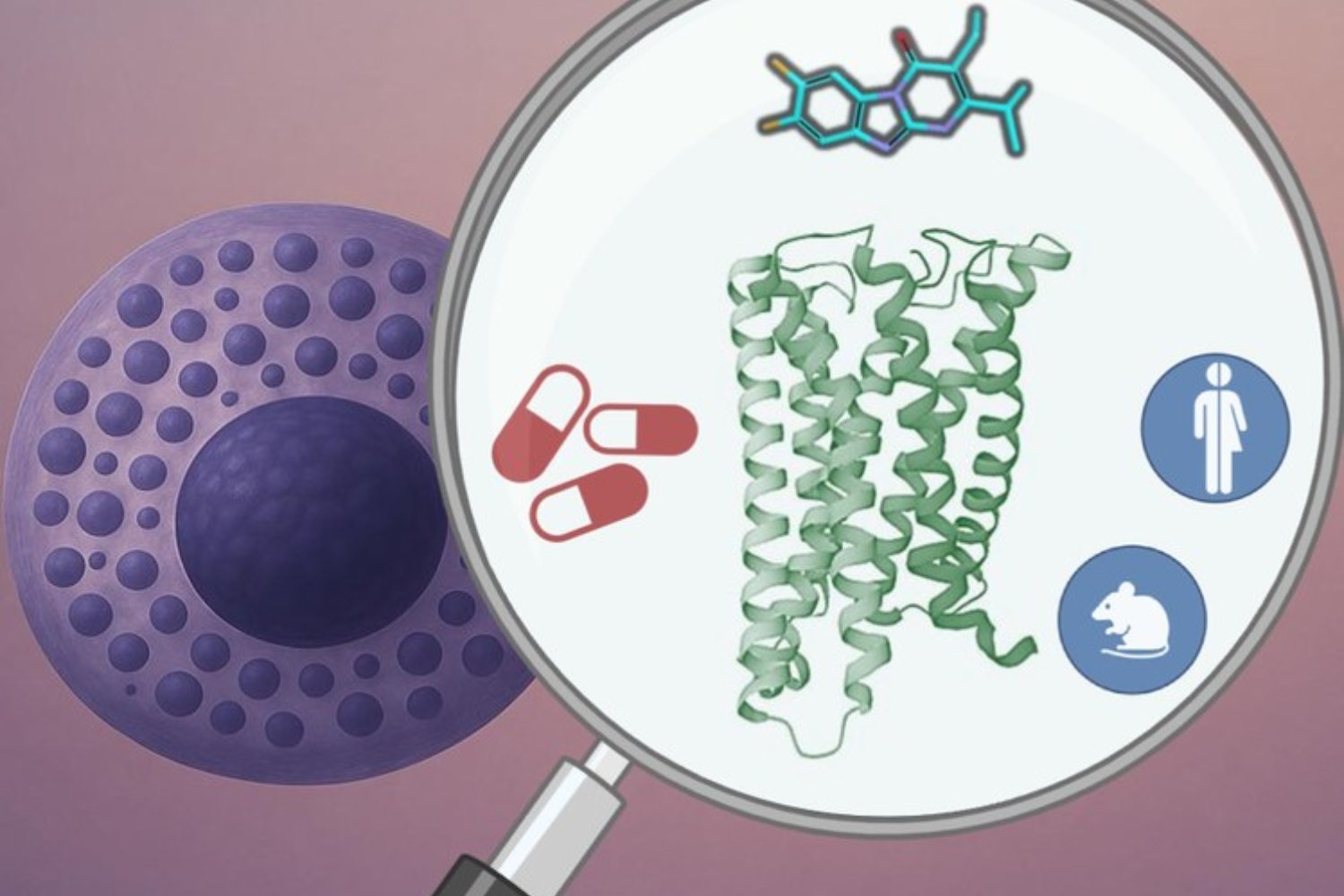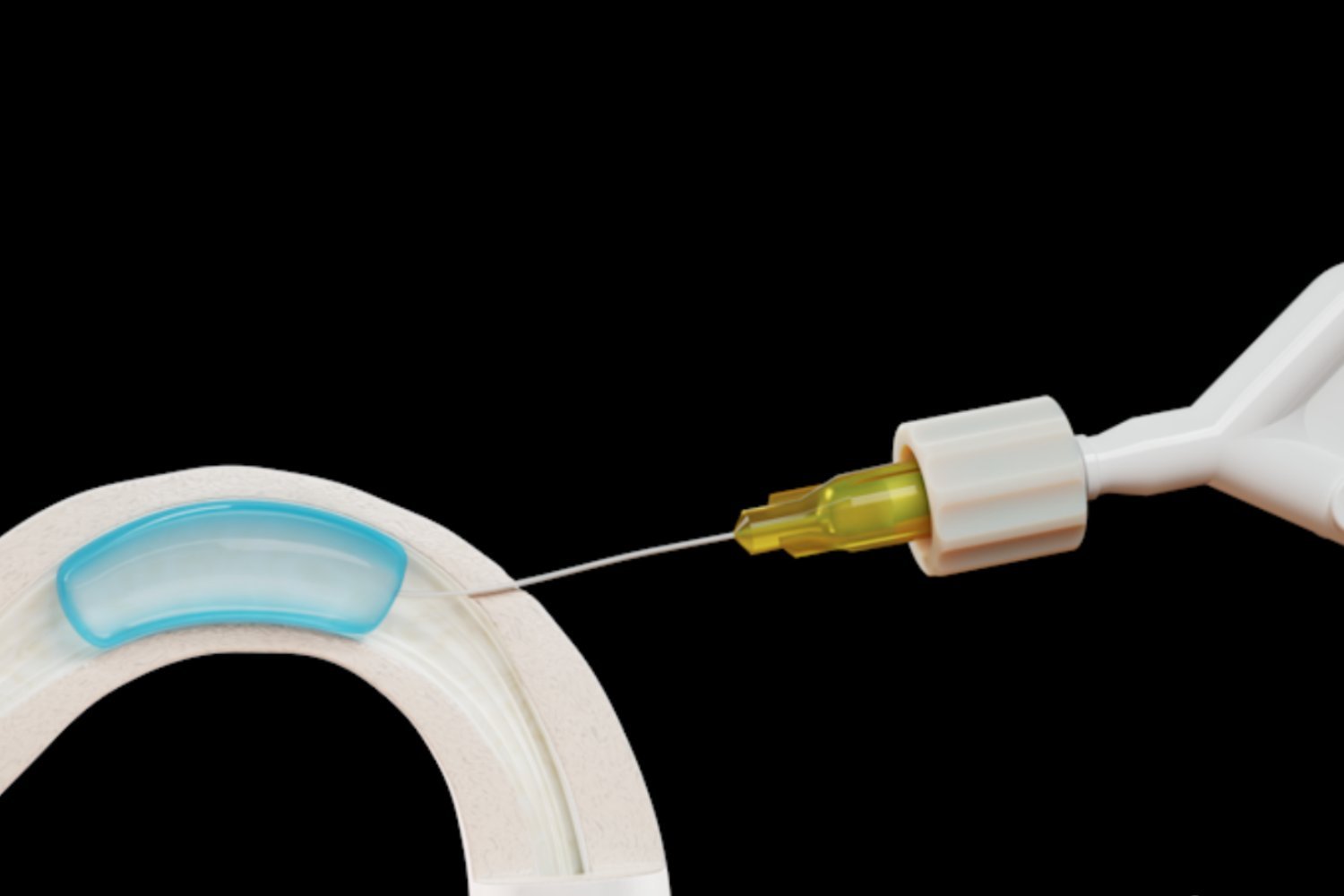Mast cells, crucial components of our immune system, defend against harmful invaders like viruses and bacteria. They achieve this by producing mucus, triggering swelling and itching, and causing muscle contractions. While these responses are essential for eliminating threats, oversensitive mast cells can lead to allergic reactions, some of which are severe and difficult to manage. A recent breakthrough offers new hope for those suffering from such conditions.
A study published in Signal Transduction and Targeted Therapy details the development of a novel compound that effectively blocks specific mast cell reactions. These reactions, often associated with conditions like irritable bowel syndrome (IBS), asthma, chronic itching, and migraines, were previously categorized as pseudo-allergic but are now recognized as a distinct form of allergy. This new compound significantly reduces symptoms and, consequently, lowers the risk of life-threatening complications.
“We see this as an extremely promising substance,” stated Christa Müller, a co-author of the study and researcher in medicinal chemistry of membrane proteins at the University of Bonn.
Unlike typical allergic reactions where antibodies alert mast cells to invaders, these hard-to-treat conditions arise from direct mast cell activation without antibody involvement. This triggers unique reactions that have historically been challenging to manage, as explained by Müller.
Fifteen years ago, Müller and her team identified a receptor called MRGPRX2 on the mast cell membrane. This receptor triggers these problematic reactions when specific molecules bind to it. The challenge, according to Müller, was to find a way to effectively block this receptor and prevent the subsequent reaction.
The researchers screened approximately 40,000 compounds from a collection previously assembled by Müller’s department. Ghazl Al Hamwi, Müller’s doctoral student and the study’s first author, described the process: “We used cells that light up when MRGPRX2 is activated, allowing us to test whether the substances effectively block receptor activation, switching off the light signal.” This method led to the discovery of a molecule capable of binding to and blocking the MRGPRX2 receptor.
Based on this molecule, the team developed a compound effective even at low doses. In laboratory tests, the compound successfully eliminated life-threatening allergic reactions in mice and blocked the MRGPRX2 receptor on isolated human mast cells. Importantly, the molecule appears to selectively target the MRGPRX2 receptor, minimizing the risk of side effects.
While the compound’s efficacy and duration have been improved, further animal and human trials are necessary before it can be approved for widespread use. However, this discovery represents a significant step forward, offering potential life-saving benefits for individuals with certain inflammatory conditions and those at risk of anaphylactic shock.











